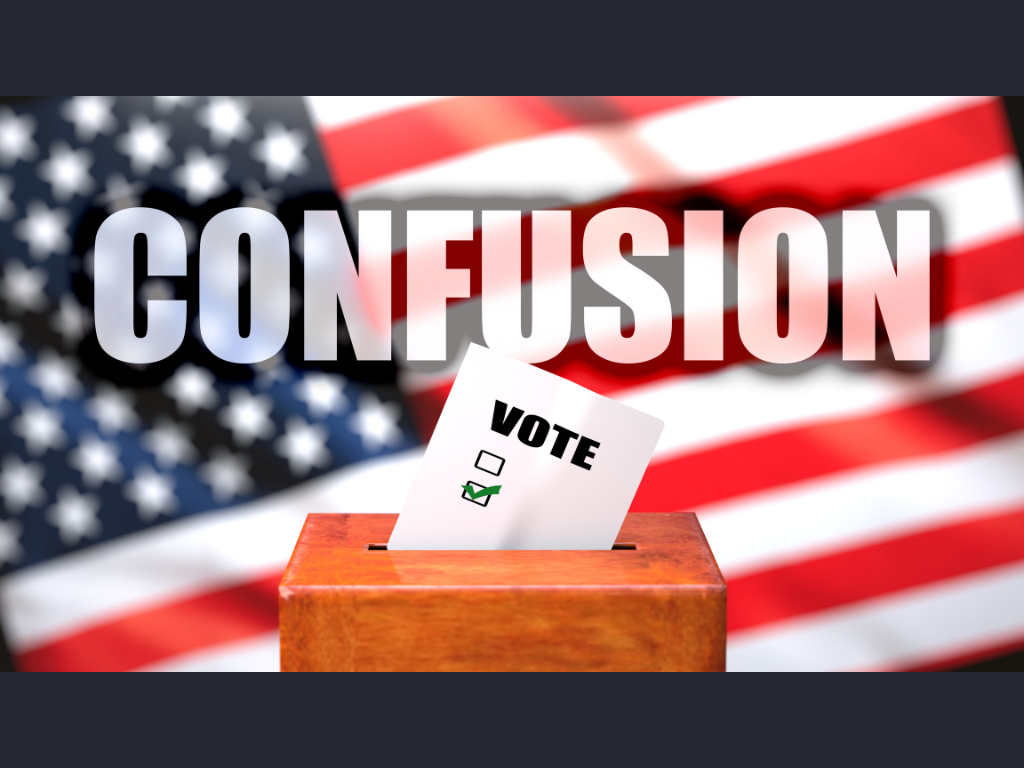Source: Editorial Board
A trifecta of bills in the North Carolina General Assembly is causing consternation among a bipartisan group of senior county election officials and nonpartisan advocacy groups like the League of Women Voters.
Senate Bill 747, Senate Bill 749, and House Bill 772 have the potential to “confuse, alienate and disenfranchise voters” according to the League of Women Voters.
Coming on the heels of the recent voter ID mandate, the proposed bills would:
- Put restrictions on same-day voter registration, making most of these voters cast a provisional ballot
- Eliminate the three-day grace period for receiving absentee ballots and make it easier to challenge the validity of an absentee ballot
- Restructure the State Board of Elections so that more power is ultimately given to the legislature
- Loosen regulations for polling place observers, making it difficult for voters to distinguish between authorized election officials and partisan political workers
A group of 16 Republicans and 16 Democrats serving on county boards of elections sent a letter to lawmakers raising concerns that these proposals could cause significant disruptions to voting and threaten the very election integrity that the bills purport to address.
“Some of the current proposals, if implemented, may have unintended consequences that can harm rather than protect the integrity of our elections,” the letter, signed by Republican John Shallcross, president of the Election Boards Association of North Carolina, said.
Despite these objections, Senate Republicans unanimously passed Senate Bills 747 and 749 without any Democratic support last month. Those bills, along with House Bill 772, are now awaiting approval in the House.





